Linguistics, Sexuality, and Gender: Babel-17 by Samuel R. Delany
Comment number:
7
Advertisement
Showing 32 results
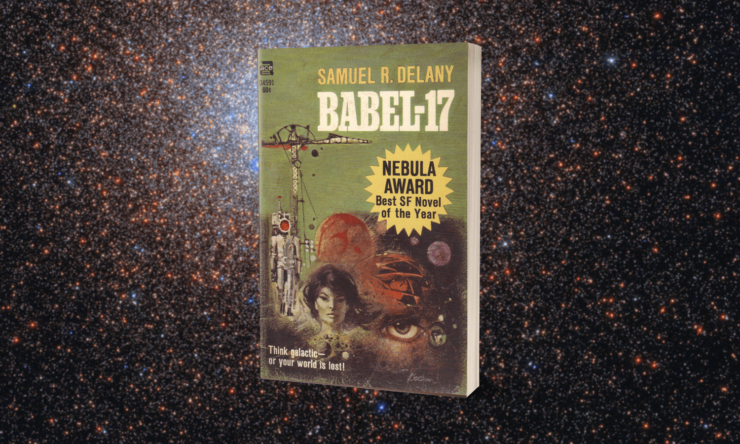


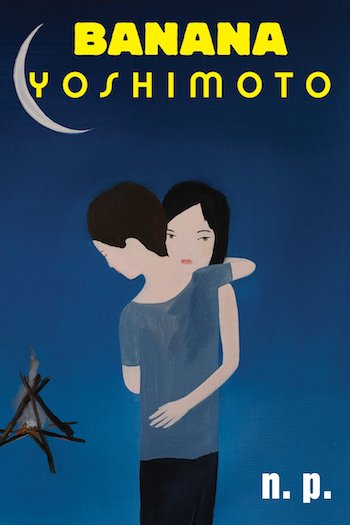
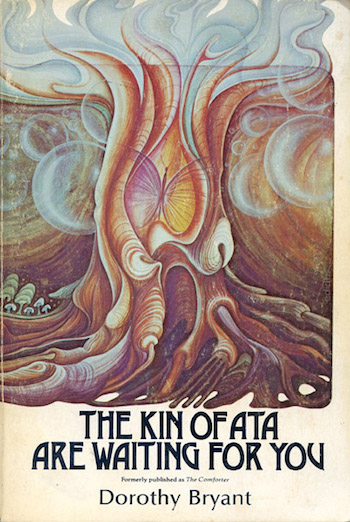
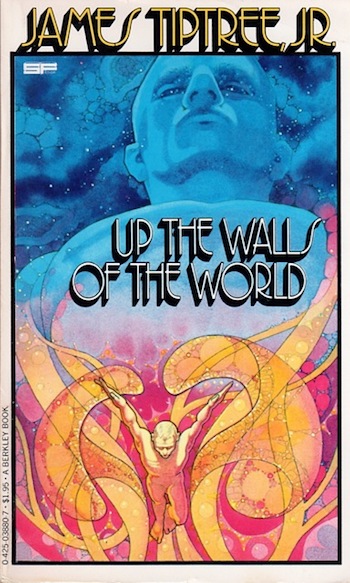
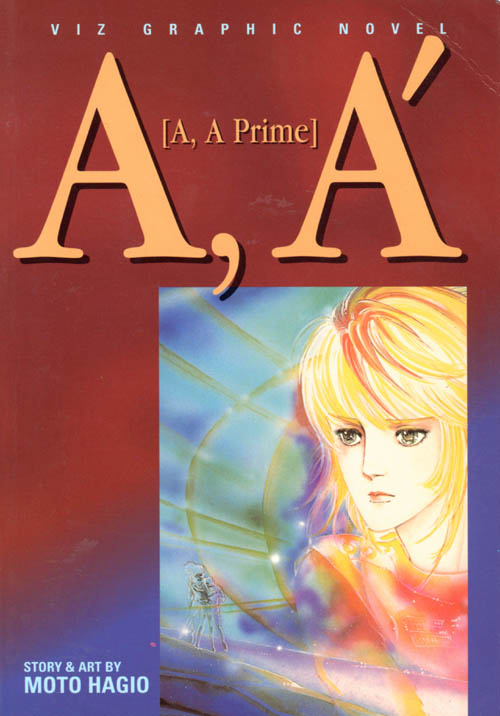
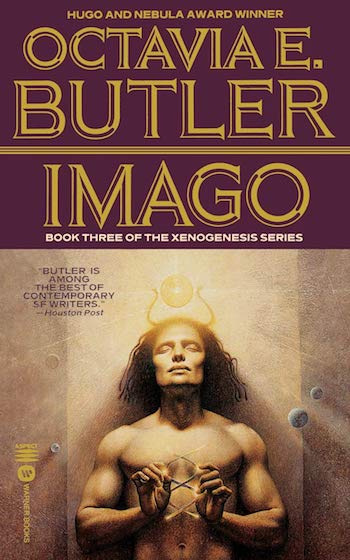
“A profound love between two people involves, after all, the power and chance of doing profound hurt.”
Ursula K. Le Guin, The Left Hand Of Darkness
For compliance with applicable privacy laws:



